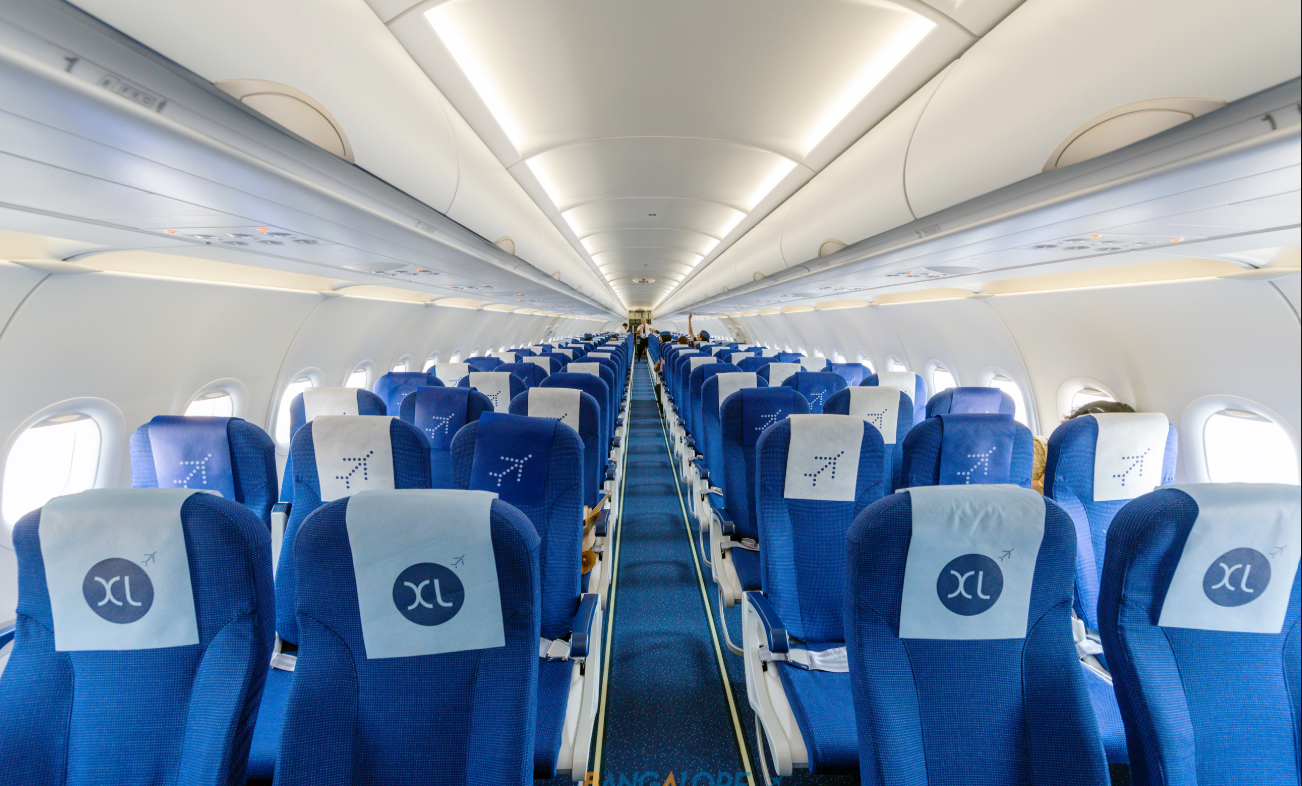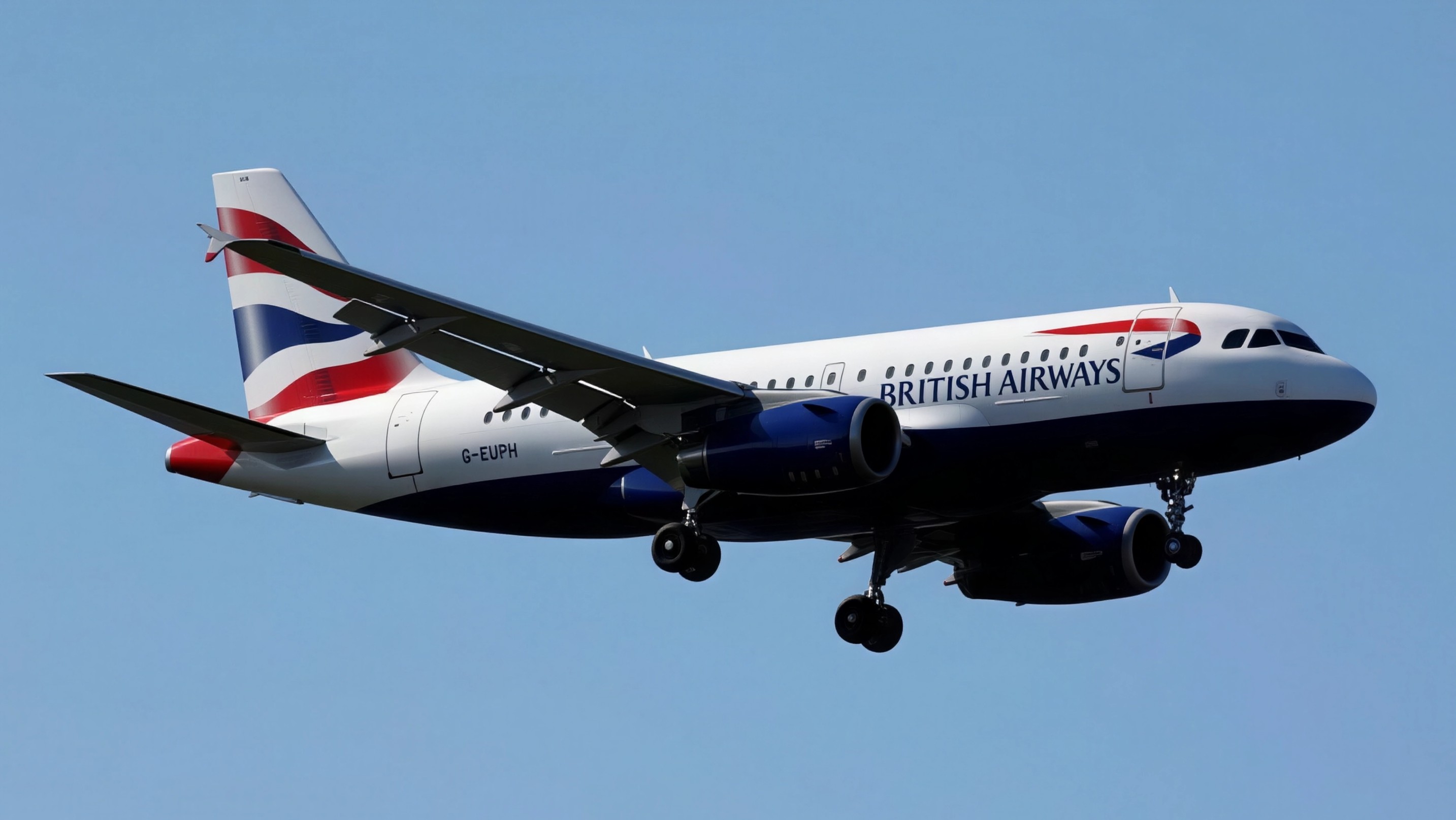IndiGo's flight 6E 5009 from Patna to Delhi was cancelled on July 9 after a bird strike led to engine vibrations shortly after takeoff, forcing the aircraft to return to the Patna airport. The flight, which departed at 8:42 am with 175 passengers and crew members onboard, experienced technical issues due to the bird strike and was instructed to turn back by air traffic control after confirmation of debris found on the runway.

According to an official statement by Patna airport authorities, a dead bird was discovered in pieces on the runway, confirming the impact after takeoff. The approach control unit quickly alerted the flight crew about the situation, and shortly afterward, the pilot reported vibration in one of the engines. A standby emergency was declared at the airport to ensure readiness for any contingency. The aircraft landed safely at 9:03 am on runway 7. All passengers disembarked without injury, and there were no further complications.
IndiGo released a statement confirming that flight 6E 5009 had been cancelled for the day due to the mandatory inspection and maintenance work required after the incident. Safety inspections in such cases are standard aviation protocol and involve a detailed examination of the aircraft’s engines, fuselage, and other critical components to assess and repair any potential damage caused by the bird strike.
The incident comes just days after a similar event involving an IndiGo flight from Patna to Ranchi, where the aircraft had to make an emergency landing near Ranchi following a bird strike at around 4,000 feet altitude. That aircraft, struck by a vulture, was roughly 10 to 12 nautical miles away from its destination when the impact occurred. The pilot responded swiftly and landed the aircraft safely, with all passengers unharmed.
With bird strikes becoming an increasing concern for airlines operating in certain high risk airspaces, aviation officials and airport authorities have reiterated the importance of ongoing bird surveillance and habitat management around airports. Measures such as frequent runway checks, use of bird deterrents, and environmental monitoring are being enforced more rigorously, especially in regions prone to bird activity.
While such incidents are not uncommon in aviation, the successful return and safety of all passengers underline the importance of standard emergency procedures, timely communication, and effective ground coordination.
For more travel safety updates, aviation news, and destination tips, follow Travel Moves on Instagram and Facebook.









